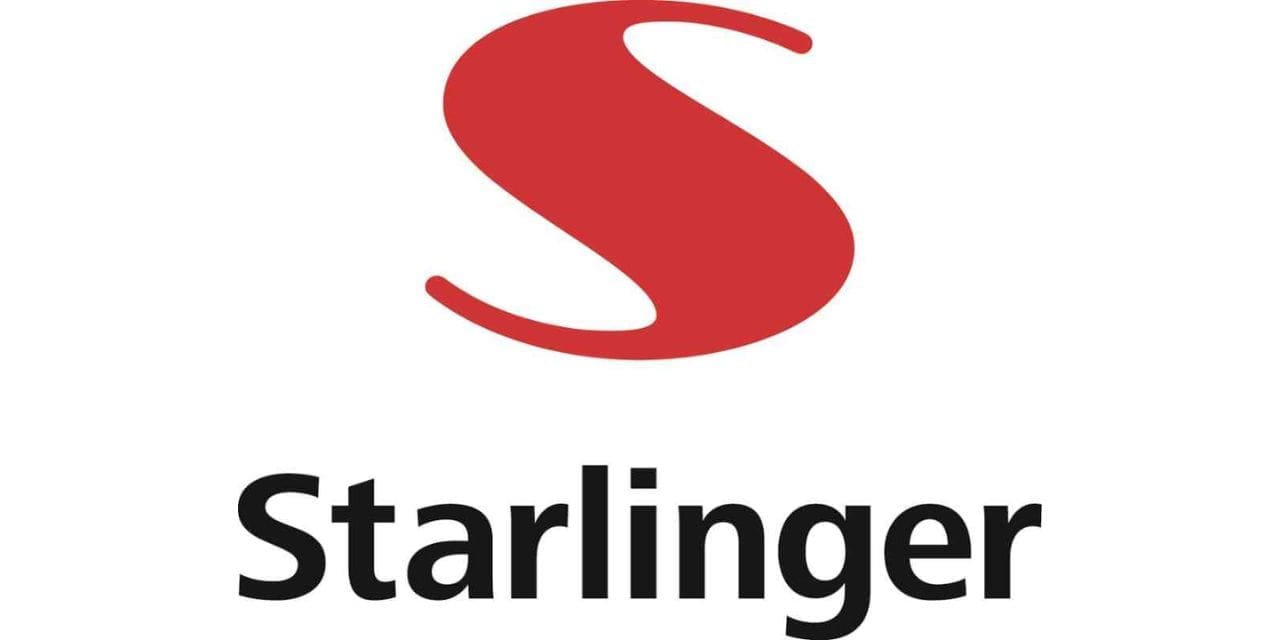On display at ITMA in Milan are the Austrian machinery supplier’s most recent innovations for producing woven sacks sustainably. The brand-new circular loom FXa 6.0 is the focal point.
Starlinger has been a pioneer in the technological advancement of circular looms for the manufacture of woven sacks from plastic tapes for more than 50 years. The business is developing an even more effective and user-friendly device that creates polypropylene tape fabric of the finest quality with the new six-shuttle circular loom FXa 6.0.
According to Harald Neumüller, CSO of Starlinger, “With the new FXa 6.0, we offer a circular loom with significantly lower energy requirements and a low noise level.” “Also, greater cost reductions are guaranteed by longer spare part lifetimes. By spending money on novel manufacturing techniques and new processes We have been able to drastically reduce quality variations in shuttle roller production for our own internal usage and extend their useful lives. A high-performance CPU and a 7-inch touchscreen display for machine management guarantee simple operation.
“The so-called IQ of the FXa 6.0 is 350. In terms of machine downtime and effort for the machine operators, this implies that there is often just one warp tape break every 350 metres, according to Neumüller.
The FXa 6.0 circular loom is made for the delicate and energy-efficient manufacturing of light tape textiles from 45 g/m2 to 140 g/m2, and it has a production speed of up to 1200 picks per minute. The circular loom will be demonstrated in use at the Starlinger booth. packing for textiles in Hall 3. In the packaging business, the utilisation of recycled materials has risen to the top of the agenda. In terms of woven plastic packaging, Starlinger is a pioneer in this regard. The business has created a closed packaging cycle for big bags with its “Circular Packaging” idea, in which used big bags are recycled into brand-new big bags. Big bags made of polypropylene fabric are outfitted with a material passport that enables one to follow their life cycle from production to use to return and recycling as part of our “Circular Packaging” idea, according to Neumüller. This means that recycled big bags can be produced into new big bags using regranulate without suffering a substantial loss in quality. is shut.” Fabric for large bags made using Starlinger machinery and including significant amounts of recycled polypropylene has been tested using standardised test methods and meets the same criteria as fabric made from virgin material.
Starlinger has tapped into the significant benefit of this material for woven packaging with the technology for the fabrication of tape fabric from PET and rPET. When handled properly, PET recycling offers qualities similar to those of virgin material and can be recycled repeatedly. Strong, food-safe, and capable of being created entirely from recycled materials, PET tape fabric offers high creep resistance. To complete the packaging cycle, “bag-to-bag” recycling is an option here, just like with bottle-to-bottle recycling. This lowers not only the amount of raw materials used, but also the amount of CO2 emissions and energy used. PET and rPET both tape fabric are already being used successfully in the production of big bags. Post-consumer rPET for textile applications Starlinger recycling technology will be present at ITMA with its own stand in Hall 9, providing information on recycling solutions for fibre and filament production. In addition to recycling production waste, Starlinger also offers solutions for the use of recycled post-consumer plastics such as rPET in textile production. In order to be able to use recycled PET for the production of polyester filaments and fibres, it must meet the highest quality standards – any foreign particles and polymers must be removed before extrusion. In order to optimally clean the melt in the recycling process, Starlinger has developed a special cartridge filter for fibre applications, the so-called Rapid Sleeve Alternator (RSC). It ensures the melt is filtered down to a fineness of 15 m and can process up to 2000 kg of material per hour. The ability to replace the filter components without halting production greatly decreases melt loss and downtime.
Starlinger now provides the new recoSTAR PET art, an easy-to-use and energy-efficient recycling system, for PET bottle-to-bottle recycling applications. In comparison to the previous generation, it produces 15% greater output while requiring 21% less room and less maintenance.

